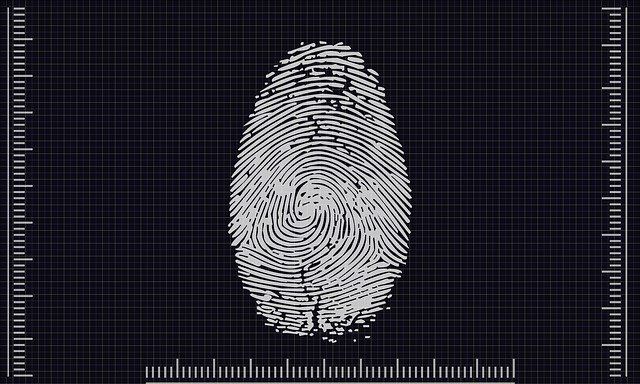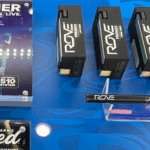Some states in the U.S. require fingerprinting for medical marijuana patients, caregivers, growers, and dispensaries. These regulations ensure an organized system that can keep track of those who have been issued medical marijuana cards and licenses. It also serves as a way of preventing convicted felons from dispensing or growing marijuana.
What Are the Fingerprints Used for?
The fingerprints that are taken from those who are applying for grow or dispense marijuana are used for background check purposes. While the laws vary depending on the state, most states run the prints through state and federal background check systems.
Convicted felons are prohibited from cultivating marijuana or playing any role in the selling or distribution of it. An application will only be approved once the applicant’s prints have been fully processed.
While not all states where marijuana is legal require fingerprinting, it has become increasingly common.
Fingerprinting for Caregivers in Arizona
Those who want to become a caregiver to someone in need of medical marijuana must first submit to fingerprinting. Arizona Livescan helps caregivers get their licensure. It is a convenient and private method that hundreds of people have used.
Some other requirements for designated caregivers in Arizona include:
- At least 21 years of age
- Agreed to help with patient’s use of medical marijuana
- No felony convictions
- Assists in no more than five qualifying patients with medical marijuana
These caregivers can receive reimbursement for costs that are associated with administering a patient’s medical marijuana. Caregiver applicants can check the status of their application online after fingerprinting is completed.
Illinois Marijuana Fingerprinting Laws
Medical marijuana patients in Illinois are not required to submit their fingerprints to local of federal government.
Those who want to open a medical marijuana dispensary or grow marijuana in this state must submit to fingerprinting. This also applies to those who want to transport or infuse cannabis. The fingerprinting is done through the Illinois Department of Agriculture or Department of Financial and Professional Regulation. All fingerprints are given to the FBI.
On Q Professional Investigations is the company that does all fingerprinting for the Illinois Department of Public Health, Department of Financial and Professional Regulation, and the Department of Agriculture.
Anyone who wants to dispense, cultivate, transport or infuse medical marijuana must go through this process. It also applies to craft growers. There is a $60 fee associated with the UCIA IL state and FBI background check, which are required.
Missouri Marijuana Fingerprinting Laws
Any person who has a vested financial interest in a marijuana facility must be fingerprinted. This includes board members, officers, managers, and employees. Fingerprint registration goes through the Missouri State Highway Patrol’s MACHS online portal.
Applicants have the option of submitting to digital fingerprinting services via Live Scan (in state) or mailing in their fingerprint card (out of state).
Colorado Marijuana Fingerprinting Laws
In Colorado, anyone who wants to obtain a new license for dispensing marijuana must submit to fingerprinting. This does not apply to those who are renewing an application.
Verification of fingerprints can be done by providing a receipt or confirmation from a third party vendor. There is also the option to submit two fingerprint cards and the DR 2197 verification form.
Nevada Marijuana Fingerprinting Laws
The State of Nevada requires any board members, owners, and staff of a marijuana establishment to get fingerprinted. They must also submit to a background check. This is a required part of the Marijuana Establishment Agent Card application process.
Even those who are only volunteering at a marijuana establishment need to obtain a registered agent card from the state. This includes fingerprinting and a background check.







